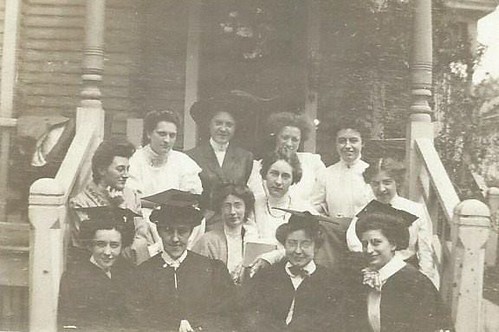
April is the month of Earth Day – think environment and sustainability. Do you want to help save Earth and its environments? Do you recycle, compost and make informed choices about sustainable consumer products?
Each year, the Association for the Advancement of Sustainability in Higher Education (AASHE) releases a report on the most sustainable colleges and universities. The AASHE measures institutions using the STARS system: Sustainability Tracking, Assessment and Rating System. In 2021, 550 institutions in the U.S. and Canada submitted information about the sustainability of their campus, academics, and community. Each school received a score and a rating of Platinum, Gold, Silver, or Bronze. Take a look at the list, 2021 Sustainable Campus Index

